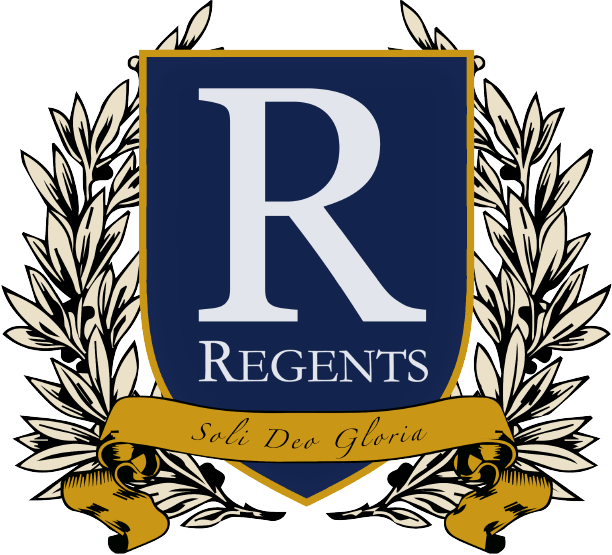
© 2026 Regents School of Charlottesville.
Congratulations to Miss Kara Faraldi who received her certification in the Kodaly method of music instruction at the Chenaniah Summer Music Institute at New St Andrew’s College in Moscow Idaho in July! “CSMI is the only place that offers certification in this way of teaching music combined with a Christian worldview,” says Miss Faraldi.
Kodaly (pronounce Coe – Dye) methology was developed by Hungarian composer Zoltan Kodaly who revolutionized music education in Hungary in the middle of the 19th Century. That particular methodology was particularly inspiring to some American music teachers who brought it over to America.
“We don’t want students to come to music class and just learn how to sign a song for Christmas Chapel and a song for Grandparents Day,” says Miss Faraldi. “We don’t want a performance-oriented music class. Instead, my goal is for students to be musicianship trained. They don’t have to be pianists or violinists or professionals - but my goal is for every student to be able to decipher sheet music when they see it because they’ve been able to figure out the relationship between notes and they can hear it in their brains. By the end of the sixth grade year, they should be able to read a sheet of music that is put in front of them without ever having seen it before and then sing it in at least two parts if there are parts associated with it.”
“What I love about Kodaly’s methodology is that it is so straightforward and it taps into kids at their age level with all three or four major learning modalities – audio, visual, kinesthetic. Kodaly is helping students speak in their own terms what they’re experiencing with music. I love it because it’s engaging for the kids. Especially at the younger ages, they don’t even realize they’re learning, they just think they’re having fun.”
Distinctives of the Kodaly method include matching rhythm and movement, hand signs, and much more. The Kodaly method is specifically geared for grades kindergarten through sixth, “but in the next few years I hope we can bring the foundations of grammar school into the upper school so they can learn to sing more complicated music, in more parts, such as sacred works by Bach or Mozart in their original form,” says Miss Faraldi. “One of the unexpected highlights for me about returning for two weeks each summer for three years for this training is I was surrounded by people at very similar classical school. A unique brotherhood of music teachers – and brothers and sisters in Christ - emerged that I can call on as I continue to develop the music program at Regents.”